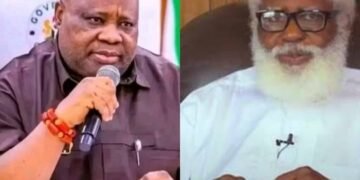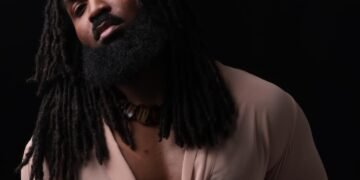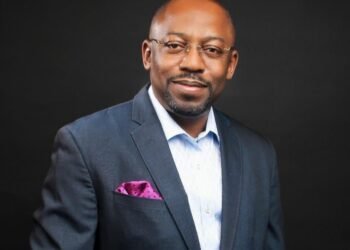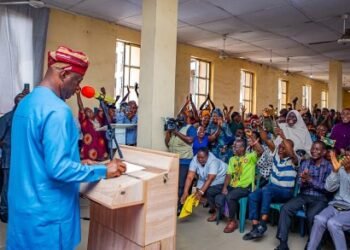Bethel Xafe Autism Foundation has called for inclusive policies for people with special needs, particularly those living with autism, as part of activities to commemorate the 2025 World Autism Awareness Day.
Through such inclusive policies, the foundation explained, parents of children living with autism would be able to seek needed care and support for autistic individuals.
Founder of the foundation, Dr Oluwatosin Akande, noted that inclusive policies, right information and awareness would spur the attitudinal changes that would improve the quality of life of people living with autism.
Speaking at the Autism Awareness Conference organised by the foundation, Akande blamed the drawback for parents of children with the condition to seek proper support on cultural stigmatisation and inadequate support system.
The founder, who spoke on the theme “Autism and Culture: Awareness and Acceptance”, stated that the condition remains one of the most misunderstood and marginalised.
“While significant progress has been made globally in understanding and accommodating individuals on the autism spectrum, many African societies remain rooted in traditional interpretations that hinder acceptance and appropriate intervention.
“These myths foster stigma and discrimination, preventing families from seeking medical and therapeutic assistance.
“This conference aims to pioneer practical solutions that ensure early diagnosis, accessibility to education, and policy inclusion. Most importantly, in an Africa where every autistic child and adult is accepted, supported and empowered.
“The theme of this conference underscores the intersection of culture and autism which is a crucial discourse that demands our collective attention on how traditional African beliefs influence the perception of autism and its role in fostering inclusion or perpetuating stigma,” she said.
Also speaking, an autism advocate, Mrs Solape Azazi, said, with the right policy, identifying autistic disorder and providing an inclusive environment and support for the children would be easier.
“Policies in our education system don’t accommodate a lot of inclusivity for children with autism.
“Inclusion goes beyond the physical structure, things like educational materials that are suitable should be put into consideration,” she added.
Meanwhile, Chairperson, Nigeria Association of Women Journalists, Lagos Chapter, Dr Adeola Ekine, had urged journalists to use their various platforms to create awareness that would foster inclusiveness and cultural acceptance for autistic individuals.























